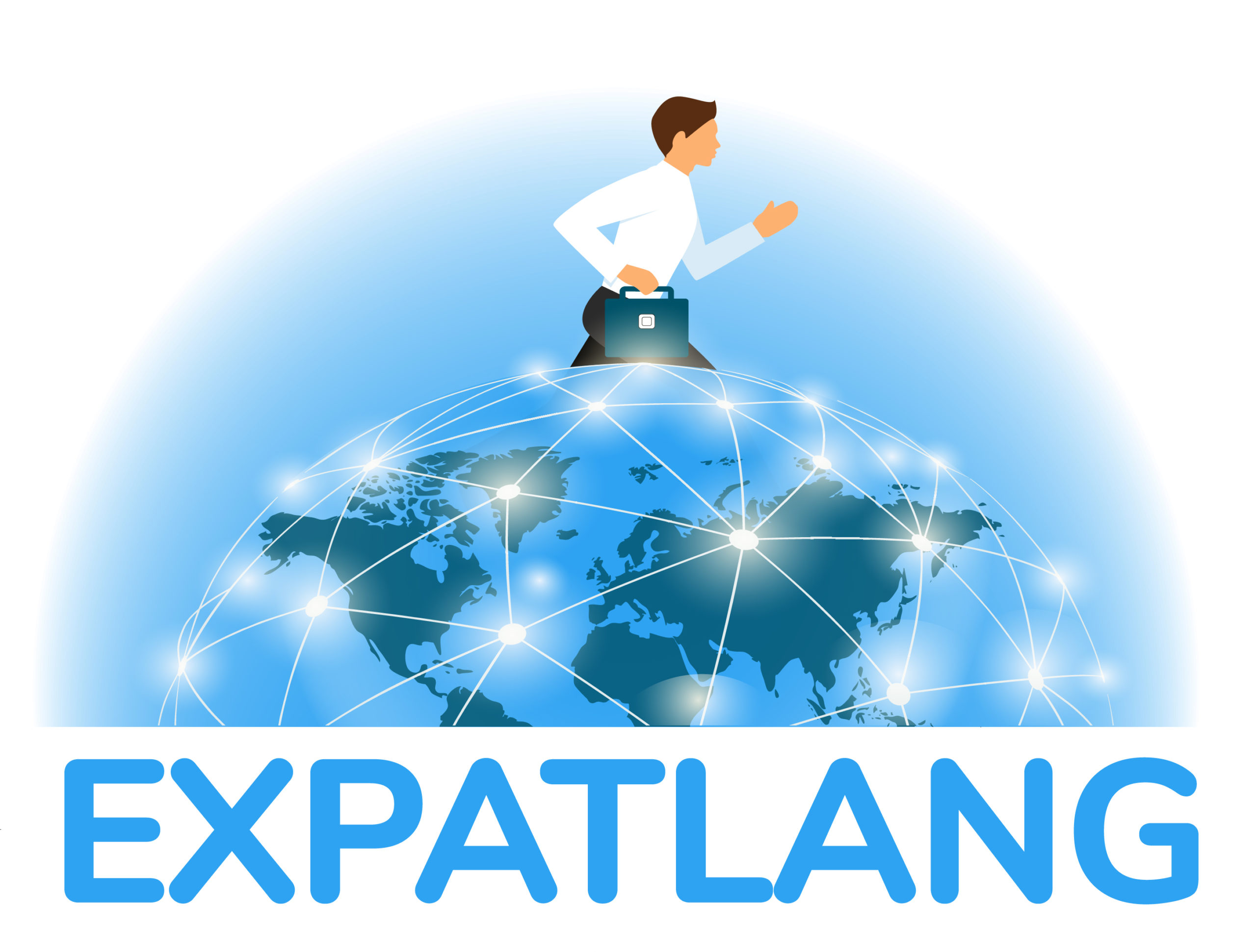
Over the past few years, the Internet has proven to be an excellent companion for language learning. Absolutely everything is available online nowadays – grammar rules, vocabulary lists, but also quality reading and listening content.
Even conversation is now possible online. No matter what language you’re learning, it’s highly probable you’ll find a language exchange partner to practice it.
The coronavirus outbreak has given a boost to online education. Indeed, during the various lockdowns, information technology has been a great help to keep working and studying in spite of national and international travel restrictions enforced by local authorities. In a nutshell, learning a language is now at the reach of any smartphone owner.
With so many free and quality resources available. What is the role of a teacher ? Are they still necessary ? This is what we’ll talk about in today’s article.
- Goal setting
Many different resources give us access to invaluable knowledge online. That’s undeniable. However, learners can very easily become overwhelmed by such abundance of learning material. The number isn’t the only related problem. Indeed, not knowing what to learn is also a frequent problem.
Up until the 50’s, it was a common belief that learning a language was nothing more than memorizing grammar rules and vocabulary lists. However, there was a major shift in the 70’s. From that period, language learning has been thought around the communication factor. Languages were used to communicate in a wide range of situations, and the purpose of language learning was then to acquire the right tools to communicate appropriately in each of them.
If this new approach to language learning is now more and more common among language teachers, this isn’t the case among learners who still rely a lot on grammar and vocabulary, same as their experience in school.
The starting point of any language learning activity nowadays is goal setting. Indeed, working towards clearly defined goals is a major key of adult motivation. Without clearly defined goals, many learners could lose their motivation and give up before reaching their desired level of fluency.
Working with a teacher can avoid this. With a clear definition of goals and the constant guidance to reach them, a teacher is still a valuable asset to help learners reach their goals in the most efficacious and motivating way.
2. Available resources and usable resources.
The huge number of available resources for language learning online is for sure an extremely positive asset learning a language today. However, such a huge number can also be overwhelming for students, who don’t always know where to start in order to organize their learning time.
What resources should I use to learn a language from scratch ? Which website, app or book is the best ? Are very common questions among beginner language learners.
The same goes with learning tools, and in particular with the rise of online translators. For many non-specialists, the difference between a translator and a dictionary is very thin. However these two fundamental tools for language learners have very different uses and mastering them is key for successful language achievements.
Finally, these online resources generally rely on the transmission of knowledge (what we know about the language) instead of skills (what we practically can do with the language).
Therefore, we can consider that the role of a teacher has now changed. Before the rise of online education solutions, its role was mostly to share knowledge. However today, language teachers play the role of tool masters who can help learners select the most relevant solutions to help them reach their goals. However, becoming conscious of the existence of these tools isn’t enough. Knowing how to use them in an efficacious way and at the right time plays a major role.
Finally, their role is also to help learners find the right strategies to acquire language skills in addition to language knowledge.
That’s why, a teacher doesn’t necessarily have to teach a particular grammar rule anymore, but instead, should give students the right strategy to find a specific one whenever they need and guide them towards its correct use in context.
3. Human interaction
One of the most important criteria in language learning is the human interaction. Indeed, if the Internet offers many options to discover new things, the human interaction isn’t always sufficient. Most autonomous learners will use forums or social networks to boost their learning experience. But even among the younger generation, there are still many people who simply need human interactions on their learning journey.
Malcolm Knowles stated that adults learn better in an informal environment and rather with peers than with a teacher. This is something we, at Expatlang, agree with. Therefore, instead of calling us language teachers, we prefer the term ‘language coaches’.
Our mission isn’t to teach the language anymore, but to accompany students on their learning journey with learning, methodological and motivational tools.
To summarize these ideas, here are 3 main roles of a teacher in the era of digital education :
- Help select the right resources
- Help define goal
- Fulfil the human need in language learning and giving learning, methodological and motivational tools
We hope you enjoyed this article and are looking forward to help you reach your language learning goals.
Feel free to contact us for any learning audit.

Recent Comments